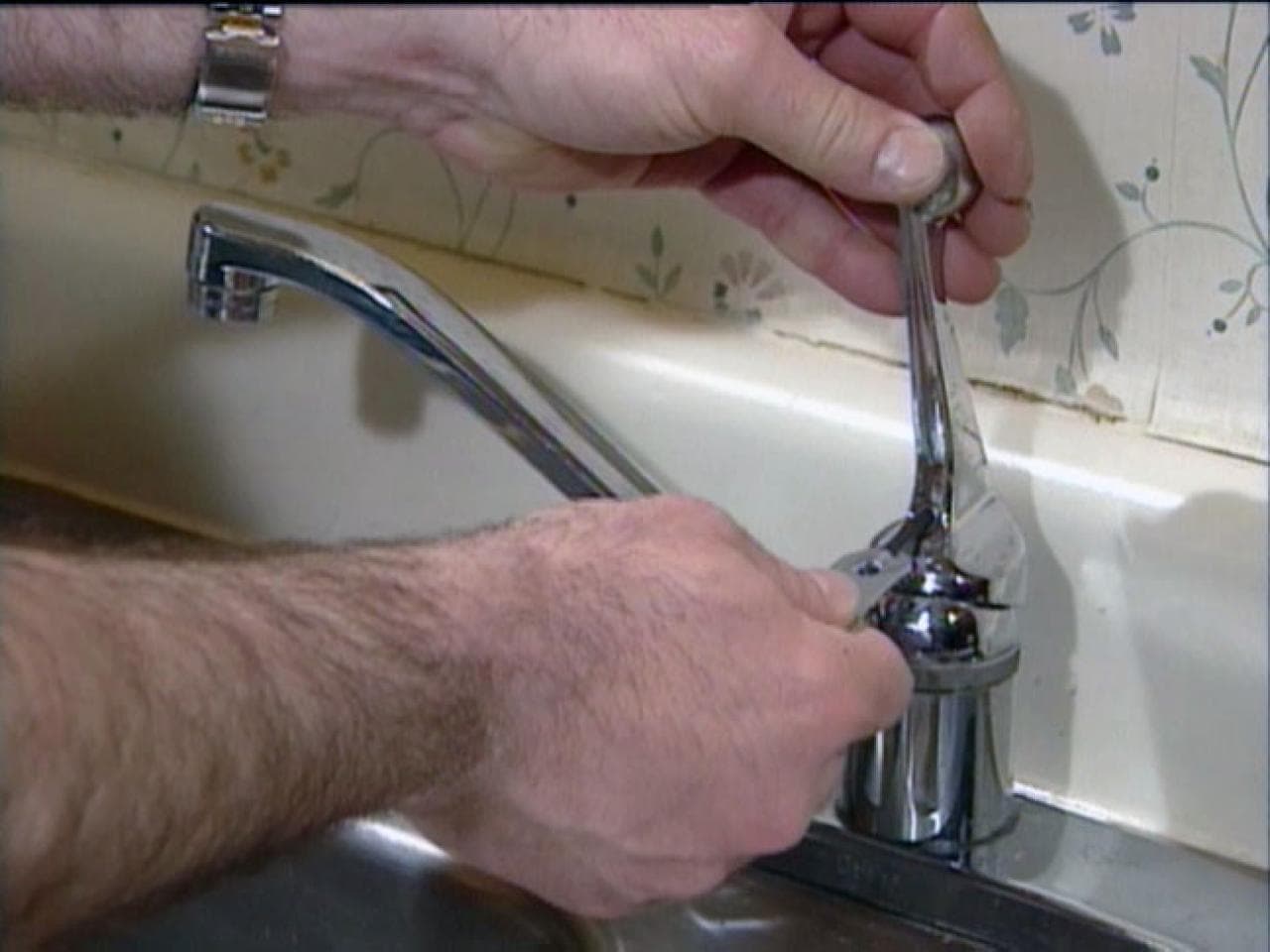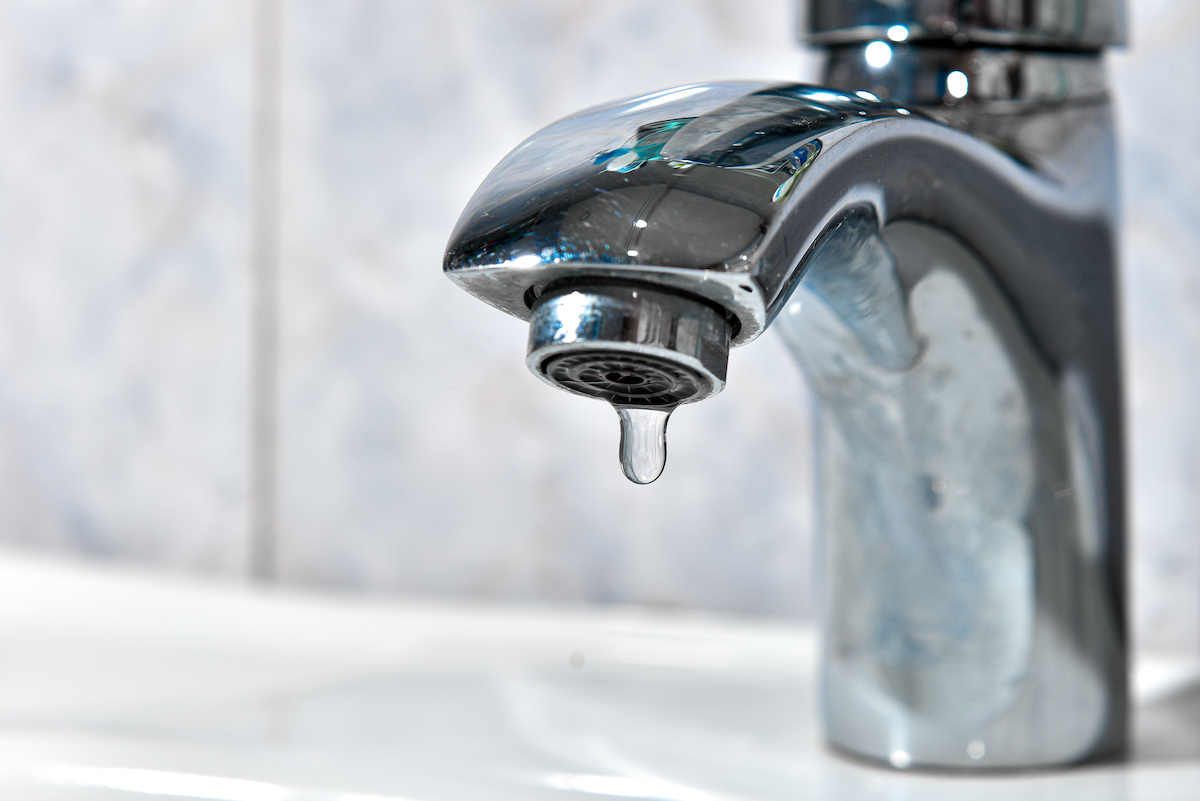We have encountered the article pertaining to 4 Common Reasons for a Leaky Faucet below on the internet and accepted it made perfect sense to discuss it with you in this article.

Trickling taps might feel like a minor inconvenience, yet their effect surpasses simply the annoyance of the noise. From wasting water to incurring unneeded monetary costs and health dangers, overlooking a dripping tap can cause numerous repercussions. In this short article, we'll look into why it's important to resolve this usual family problem immediately and effectively.
Wastage of Water
Ecological Effect
Leaking faucets add significantly to water waste. According to the Environmental Protection Agency (EPA), a single faucet trickling at one drip per secondly can lose more than 3,000 gallons of water each year. This not just pressures water sources but likewise influences environments and wildlife based on them.
Financial Prices
Enhanced Water Bills
Past the environmental influence, leaking faucets can pump up water costs substantially. The gathered waste over time translates into greater utility expenses, which could have been stayed clear of with prompt repair work.
Prospective Property Damages
Furthermore, extended trickling can bring about damage to fixtures and surfaces bordering the faucet. Water accumulation can trigger staining, rust, and even architectural issues if left ignored, leading to extra repair work expenses.
Health Problems
Mold and Mold Growth
The continuous existence of wetness from a trickling faucet develops a perfect atmosphere for mold and mildew and mold development. These fungis not only compromise indoor air top quality however additionally posture wellness threats, particularly for individuals with respiratory problems or allergic reactions.
Waterborne Illness
Stationary water in trickling faucets can come to be a breeding place for microorganisms and various other pathogens, enhancing the threat of waterborne illness. Impurities such as Legionella germs grow in stagnant water, possibly causing severe illnesses when ingested or breathed in.
DIY vs. Professional Fixing
Advantages and disadvantages of DIY Fixing
While some might attempt to deal with a leaking tap themselves, do it yourself fixings feature their very own collection of challenges. Without appropriate understanding and tools, do it yourself attempts can exacerbate the problem or result in insufficient fixings, lengthening the trouble.
Benefits of Working With a Professional Plumber
Working with a professional plumber makes certain that the underlying cause of the dripping faucet is resolved properly. Plumbing professionals have the proficiency and equipment to diagnose and repair tap issues successfully, conserving time and lessening the danger of more damages.
Step-by-Step Overview to Dealing With a Dripping Tap
Tools Called for
Prior to attempting to repair a leaking tap, collect the essential devices, including an adjustable wrench, screwdrivers, replacement parts (such as washers or cartridges), and plumber's tape.
Usual Tap Issues and Their Solutions
Recognize the type of tap and the certain problem causing the drip. Common troubles consist of worn-out washing machines, rusty shutoff seats, or faulty O-rings. Refer to maker instructions or on the internet tutorials for step-by-step assistance on repairs.
Preventive Measures
Regular Maintenance Tips
To avoid trickling faucets, execute routine upkeep such as cleansing aerators, evaluating for leaks, and replacing damaged components quickly. Furthermore, consider setting up water-saving devices or updating to more efficient components.
Importance of Prompt Fixes
Dealing with trickling taps as quickly as they're observed avoids additional water waste and possible damage, ultimately conserving both water and cash in the long run.
Effect On Residential Property Value
Understanding of Well-Maintained Property
Keeping a home in good condition, consisting of dealing with upkeep problems like trickling taps, boosts its regarded value and desirability among possible buyers or occupants.
Impact on Resale Value
Qualities with properly maintained plumbing fixtures, consisting of taps, command higher resale worths in the real estate market. Addressing trickling taps can contribute to a favorable impact throughout property inspections and settlements.
Ecological Responsibility
Private Payment to Preservation
Taking responsibility for repairing trickling faucets straightens with broader initiatives towards water conservation and ecological sustainability. Every person's activities collectively make a substantial influence on protecting valuable resources.
Lasting Living Practices
By focusing on prompt repair work and adopting water-saving habits, people contribute to lasting living techniques that benefit both existing and future generations.
Final thought
Attending to a leaking tap goes beyond plain ease; it's an important step toward saving water, decreasing economic costs, and safeguarding health and building. Whether through do it yourself fixings or professional assistance, taking action to fix dripping faucets is a small yet impactful way to advertise accountable stewardship of resources and contribute to a healthier, a lot more sustainable future.
How to Fix a Leaky Faucet: Step-by-Step Repair Guide
A leaky faucet may seem like a simple annoyance, but if it's not fixed promptly, that leak could cost hundreds to potentially thousands. From water damage to mold, mildew, and high water bills, even a tiny leak can be catastrophic if left unattended. Damage like this can even affect the overall value of your home, so it's important to take the right approach for leaky faucet repair. You may need the help of a plumber in some cases, but we've got a few tips you can try on how to fix a leaky faucet before calling the pros.
Four Faucet Types
When you're learning how to fix a leaky faucet, the first step is knowing what kind of faucet you're working with! There are four common types.
Cartridge Faucets
Cartridge faucets come in one- or two-handled varieties. In one-handled cartridge faucets, hot and cold water combines in a single cartridge. In the two-handled versions, hot and cold water are controlled separately and mixed in the faucet.
Ball Faucets
Ball faucets have a single lever you push up and down to adjust the pressure and rotate to change the temperature. A slotted metal ball controls the amount of water allowed into the spout.
Compression Washer Faucets
They're the oldest type of faucet, but they're still used in many homes — especially older ones. Compression faucets have two separate handles that, when turned, raise or lower the washer that seals a water valve. This valve stops water from flowing through the faucet when it is turned off.
Disc Faucets
Disc faucets rarely need to be repaired due to their maintenance-free design. The water flow is controlled by two discs — the upper one raises and lowers against a fixed lower disc, creating a watertight seal. If your disc faucet starts leaking, you may need to replace the seals or clean residue buildup from the inlets.
Fixing a Leaky Faucet
Step 1: Turn Off the Water
Whether you're learning how to fix a leaky bathtub faucet or how to fix a leaky kitchen faucet, always turn off the water supply to your working area when you're fixing a leak. The last thing you want is a flood added to your list of things to fix.
Look for the shutoff valves below your sink or around the tub and turn them clockwise to stop the water flow. If your faucet doesn't have shutoff valves, you may need to turn off the water for the whole house. Check to make sure it's off by turning the faucet on. If nothing comes out, you're ready to start the repair.
Step 2: Take Apart the Faucet
How you disassemble your faucet depends on the type of fixture you have. You can use a flathead screwdriver to remove the caps on top of the handle or handles for cartridge and compression faucets. Inside, you should see handle screws. Unscrew these with a screwdriver to remove the handle.
Disc- and ball-style faucets will typically have an inlet screw near the handle, and removing that will reveal the interior of the faucet.
Detach the Valve Stem
For cartridge- and compression-style faucets, you'll see the inner valve stem or cartridge once you remove the faucet handles. If you have a compression faucet, unscrew the brass valve stem. If you have a cartridge faucet, pull out the cartridge. If your cartridge has been in place for a while, it may require some tools or extra force to remove it due to mineral deposits.
Examine and Replace Parts
Once you've removed the parts, check them out to confirm what needs to be replaced. You may see corroded rubber washers, O-rings, stems, or cartridges. On a ball-style faucet, check the seats and springs for damage.
If you need to repair a leaky disc faucet, check the inlet and seals on the lower disc.
Once you determine what parts must be replaced, visit your local hardware store. Bring the damaged parts with you to ensure you can purchase the correct components to replace them.
Clean Valves and Faucet Cavity
If you've removed a stem or cartridge, you may notice mineral buildup in the faucet's threads. Use white vinegar to clean the valve seat by soaking it for a few minutes, then scrub it away with a soft toothbrush and rinse with warm water. You can also clean the interior of the faucet in the same way.
Reassemble the Faucet
Once your faucet is cleaned and the required parts have been replaced, it's time to reassemble it. Put the pieces back together and slowly turn the water supply back on. Doing this slowly is crucial because too much initial water pressure can damage the new hardware you've just installed.
https://homewarranty.firstam.com/blog/how-to-fix-leaky-faucet

We were shown that editorial on 4 Common Reasons for a Leaky Faucet through a good friend on a different blog. If you please set aside a second to share this blog if you enjoyed reading it. Many thanks for going through it.
Comments on “Understanding the Value of Repairing a Faulty Faucet”